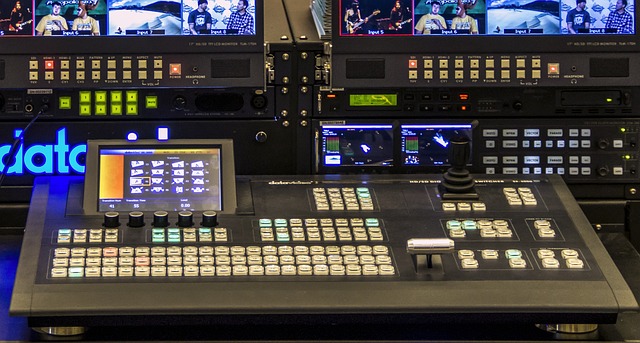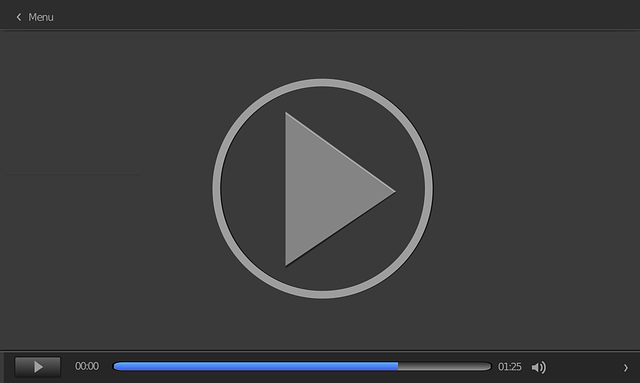DivX, a pioneer in video compression, remains relevant due to its efficient format and widespread adoption, enabling easy conversion and playback on modern devices. This guide teaches simple steps for converting DivX files using accessible tools like MP4 or MKV formats within minutes, crucial for sharing legacy content and leveraging cloud-based collaboration platforms for creators. Effective practices include high-quality encoding, robust file-sharing, clear communication, and cloud storage for version control, ensuring maximal collaboration and accessibility in today's digital landscape.
In the evolving digital landscape, a new era of content sharing and collaboration is upon us. Once dominated by formats like DivX, today’s world demands modern solutions for seamless streaming and editing. This article explores the legacy of DivX and its transition into the digital age. We delve into the rise of efficient digital content sharing methods, providing practical guidance on converting DivX files to meet contemporary needs. Discover tools and best practices for successful collaboration in the digital realm. Learn how to navigate this shift and unlock new creative possibilities.
Understanding the DivX Format and Its Legacy

DivX, a once-popular video container format, revolutionized digital content sharing in its time. It offered efficient compression and playback capabilities, allowing users to enjoy high-quality videos with smaller file sizes. The DivX codec gained widespread adoption, fostering a new era of online media exchange and collaboration. Its legacy continues today as it remains compatible with modern devices and streaming platforms, making it easier than ever to convert and share content.
Converting DivX files is straightforward thanks to the format’s adaptability. Many video conversion tools support DivX, enabling users to effortlessly transcode videos for various purposes. Whether you want to watch old DivX videos on your new smartphone or adapt content for online streaming, conversion software provides an accessible solution. This simplicity has contributed to the longevity of DivX, ensuring its relevance in today’s digital landscape.
The Rise of Modern Digital Content Sharing

Overcoming Challenges: Converting DivX for the New Era

In the transition to a new era of digital content sharing and collaboration, converting DivX files is a crucial step for many users. DivX, once a popular format, still has legacy content that needs modernizing to ensure compatibility with today’s devices and platforms. Overcoming this challenge isn’t as daunting as it may seem. Several reliable tools and methods are available to help users effortlessly convert their DivX videos into more widely supported formats like MP4 or MKV.
How to Convert DivX involves a straightforward process. Users can start by downloading an appropriate conversion software from reputable sources. Once installed, they simply need to import the DivX file, select the desired output format, and click ‘convert’. Within minutes, their video will be transformed into a new, compatible version ready for streaming or sharing on modern platforms. This accessibility ensures that valuable digital content doesn’t become obsolete but rather adapts to the evolving needs of content creators and consumers alike.
Collaborating in the Digital Age: Tools and Best Practices

In today’s digital era, collaboration has evolved beyond geographical boundaries, and tools like cloud-based platforms have revolutionized how we work together. For content creators and enthusiasts, this translates into a vibrant landscape where ideas can be shared, edited, and refined in real time, fostering innovation and creativity. One of the key aspects to harness this potential is converting DivX files to compatible formats that facilitate seamless sharing.
Best practices for digital collaboration include ensuring high-quality video encoding for smooth streaming, using platforms with robust file-sharing capabilities, and maintaining clear communication channels. Additionally, leveraging cloud storage services enables easy access and version control, allowing teams to work simultaneously on projects without the hassle of conflicting files. How to Convert DivX files effectively becomes a crucial step in maximizing these collaborative tools, ensuring that content is accessible, editable, and ready for the digital content sharing revolution.
